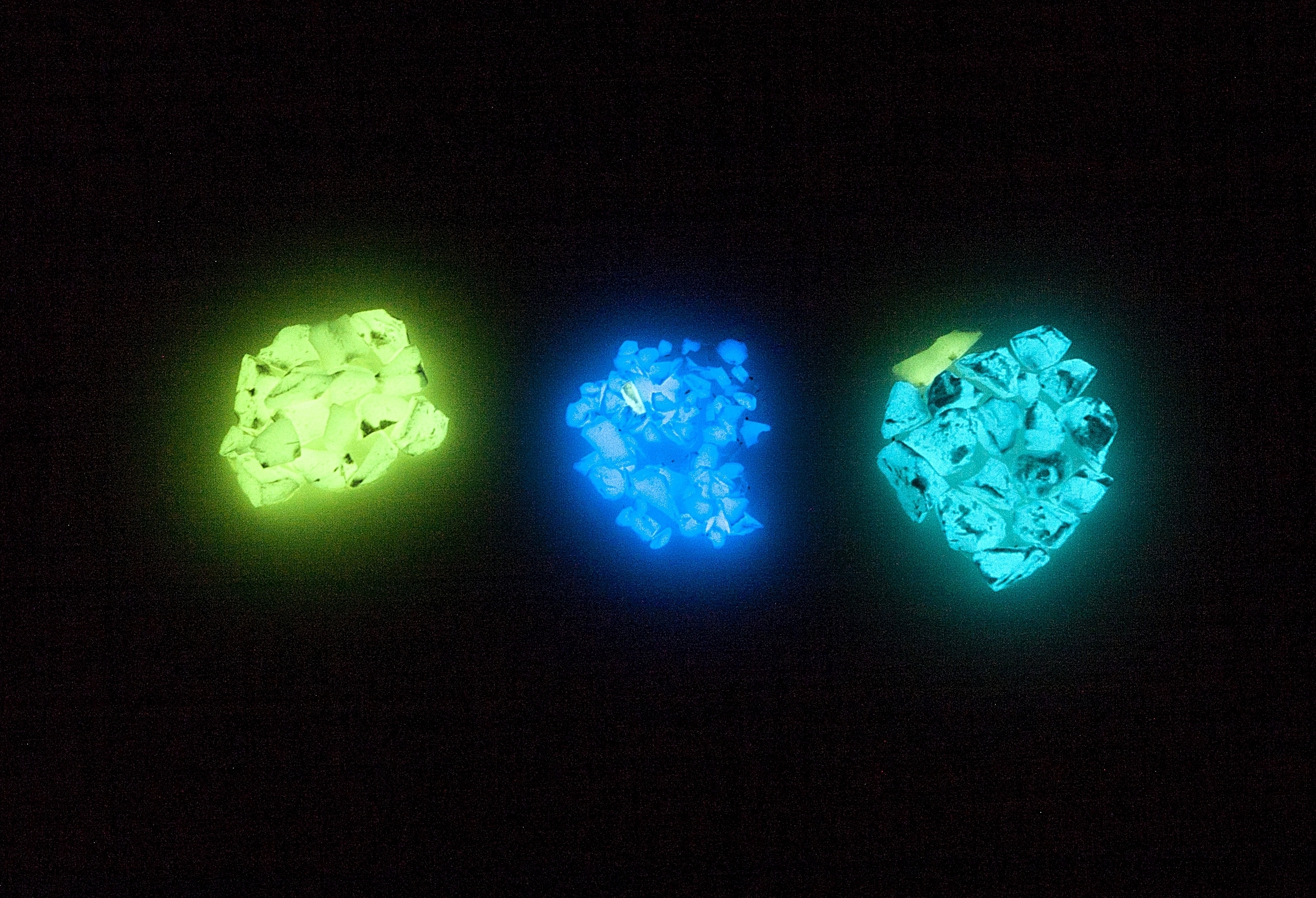



HADAR: New method allows AI to see through pitch darkness like broad daylight

Baku, August 4, AZERTAC
The pioneering innovation, currently pending patent approval, has the ability to discern texture and depth, and comprehend the physical characteristics of individuals and surroundings, according to the SciTechDaily.
Scientists at Purdue University are propelling the future of robotics and autonomous systems forward with their patent-pending method that improves typical machine vision and perception.
Zubin Jacob, the Elmore Associate Professor of Electrical and Computer Engineering in the Elmore Family School of Electrical and Computer Engineering, and research scientist Fanglin Bao have developed HADAR, or heat-assisted detection and ranging. Their research was featured on the cover of the July 26 issue of the peer-reviewed journal Nature.
Jacob said it is expected that one in 10 vehicles will be automated and that there will be 20 million robot helpers that serve people by 2030.
“Each of these agents will collect information about its surrounding scene through advanced sensors to make decisions without human intervention,” Jacob said. “However, simultaneous perception of the scene by numerous agents is fundamentally prohibitive.”
Traditional active sensors like LiDAR, or light detection and ranging, radar, and sonar emit signals and subsequently receive them to collect 3D information about a scene. These methods have drawbacks that increase as they are scaled up, including signal interference and risks to people’s eye safety. In comparison, video cameras that work based on sunlight or other sources of illumination are advantageous, but low-light conditions such as nighttime, fog, or rain present a serious impediment.
Traditional thermal imaging is a fully passive sensing method that collects invisible heat radiation originating from all objects in a scene. It can sense through darkness, inclement weather, and solar glare. But Jacob said fundamental challenges hinder its use today.
Azerbaijan, Association of International Educators discuss opportunities for cooperation
Türkiye's Bayraktar TB3 UAV breaks altitude record
Baku Higher Oil School, Tashkent Institute of Chemical Technology explore cooperation opportunities
Stele from Nomgon-2 complex presented
Student from Baku Higher Oil School achieves top result in master’s program exams